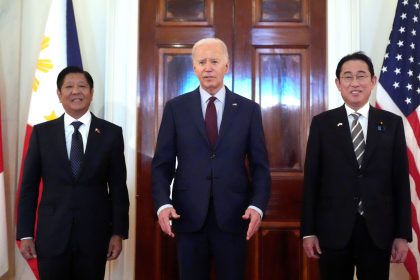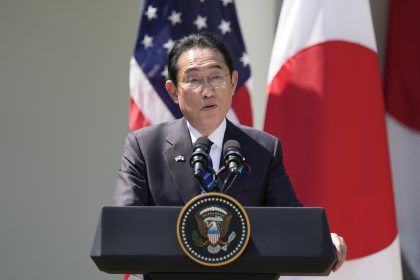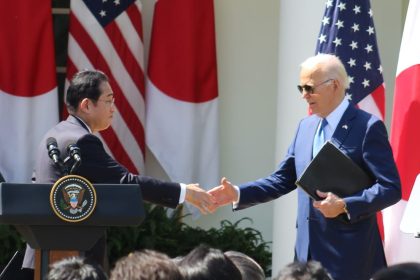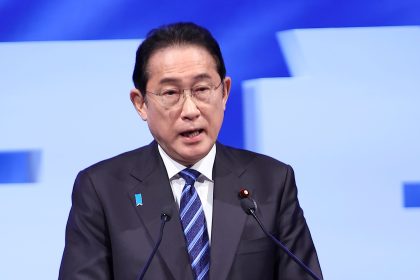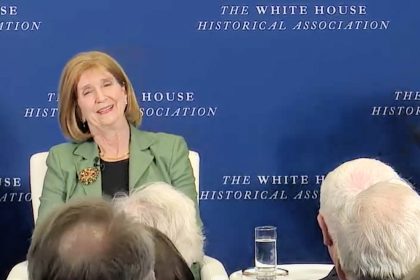No Breakthroughs Expected From Blinken’s Upcoming China Visit
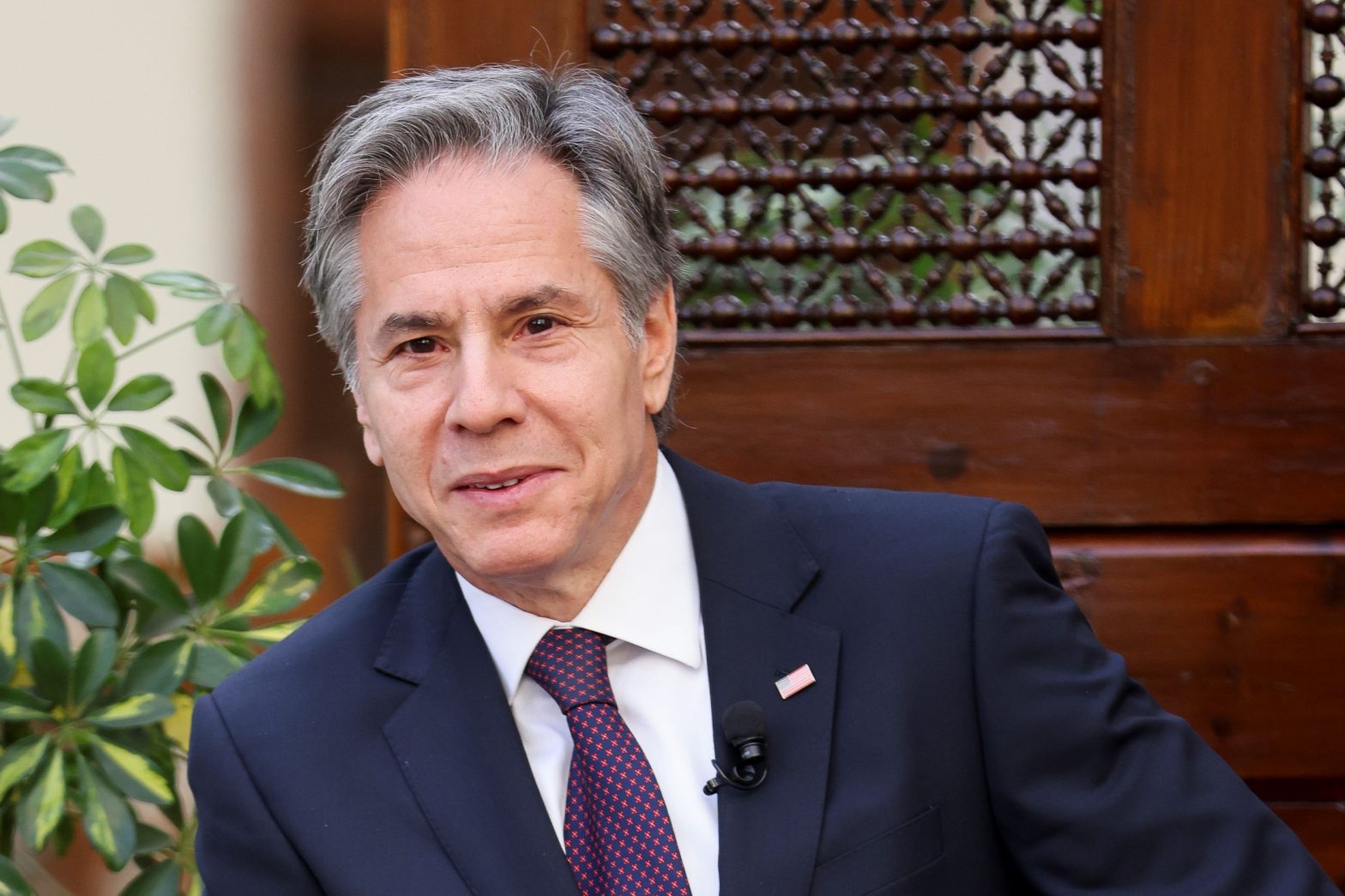
WASHINGTON — There is little hope for an improvement in relations between the U.S. and China even as Secretary of State Antony Blinken plans his visit to Beijing this weekend. Top experts on China from the D.C.-based think tank Center for Strategic and International Studies suggest the upcoming trip will likely focus on reestablishing relationships.
“I don’t think there should be many expectations that we’re going to see any significant breakthroughs for the trip. But I also don’t think that’s a bad thing, given how far the relationship has deteriorated over the last five years,” Jude Blanchette, Freeman chair in China Studies at CSIS, said.
“I think there’s a perception in the White House that now is an advantageous time for the United States to try to reset relations. … The goal is to basically fast-forward this Cold War to its détente phase, thereby skipping a Cuban missile crisis,” Blanchette added.
Comments by various American military officials have suggested conflict between the United States and China in the coming years. Most notably, a recently leaked memo from Mike Minihan, the head of U.S. Air Mobility Command, predicted the U.S. and China could be at war by 2025.
But not everyone is convinced of this outcome.
Scott Kennedy, senior adviser and trustee chair in Chinese Business and Economics at CSIS thinks “we are seemingly trying to talk ourselves into a conflict that doesn’t need to occur,” and through smart diplomacy, can be avoided.
To that end, Blinken’s will be the latest in a series of meetings between Biden administration officials and Beijing in efforts to de-escalate tensions between the competing nations. And despite predictions warning against significant policy developments, it is anticipated that meeting agendas could include some weighty topics, including allegations of Chinese support for Russia’s war against Ukraine, tariffs, human rights, U.S. export restrictions and climate change.
Kennedy put forward public health as an area to expand collaboration and information sharing. Otherwise, there was a dim view on other areas of cooperation.
“I think, going into Blinken’s visit to China, we are seeing … China being a bit more cautious with respect to clearly aligning itself with Russia, at least politically,” Bonny Lin, senior fellow for Asian security and director of CSIS’ China Power Project, said, so Chinese officials may want to respond to those allegations.
The U.S. is likely to raise the issue of human rights, though Blanchette suggests that focusing too heavily here may be the “quickest way to derail the discussion right now.”
Instead, he feels that Taiwan is going to be front and center on the agenda.
“I think they’re going to be, as they have been the last few meetings, pushing for additional public reassurance from the Biden administration in its statements on Taiwan,” Blanchette said.
“I think Beijing is going to be pushing for Biden to say something, get some statements out publicly, that look more closely like they align with longstanding U.S. policy on Taiwan.”
Even if no progress is made, an expansion of conversation and dialogue may be welcomed as progress, “because the level of communication so far has been so unbelievably low, unprecedented, as far as I can remember,” Kennedy said.
“It’s clear that both sides at this stage want to tamp down the, you know, sense of gloom and doom and fatalism,” he added. “The real question is, what is each side willing to do? Both sides seem to be saying that the ball is in the other side’s court. And I expect that’s what the conversation will look like in Beijing when Blinken goes there.”
Kate can be reached at [email protected]


















